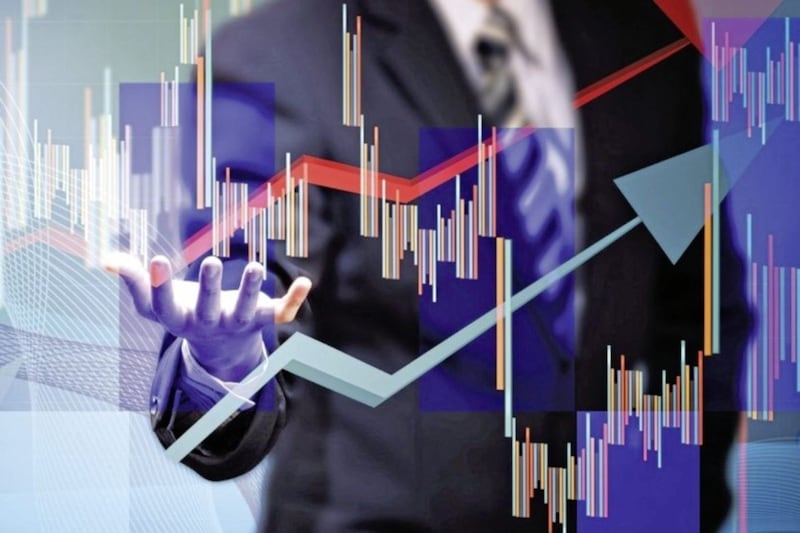USUALLY at this time of year all eyes would be on the party conference season. The Conservatives are nearing the end of their (virtual) conference, where the Chancellor spoke yesterday.
But as we are all aware this has been utterly overshadowed by events in the US. After a somewhat unsettled week in global markets the dramatic news on Friday of President Trump testing positive for coronavirus has dominated headlines.
All weekend there have been reports about his condition and behaviour, of such intense interest as the election is only four weeks away. The uncertainty resulting from this news was very evident in the US stock market, as the Vix index – which measures volatility – saw a sharp rise to 29.9 (long term average 20). Signs that the jobs market is slowing in figures released on Friday also had a negative impact.
Another major event that is hitting the headlines is Brexit. It seems that we are nearing a critical deadline once again, as the prospect of no deal being reached looms over us. Last week there was a hint that a deal might be nearing – cautious optimism was the watchword.
For UK business (and indeed the EU) this is of critical importance and the next couple of weeks will hopefully yield good news, but nothing should be taken for granted. The Covid-19 situation continues to cause misery across the globe, although there are now signs of rebellion as people struggle to cope with stricter measures that are once again being imposed. In reality this is likely to continue for many months and it is hard to see an end in sight.
These global situations are casting a shadow over markets, but some have been more adversely affected than others. We are all aware of the runaway success of the large technology stocks (FAANGs) over recent months, which have done much to contribute to the performance of the Nasdaq index (up over 23 per cent year to date).
Other markets have lagged, with the UK’s FTSE 100 falling a disappointing 21 per cent over the same period. There is increasing news of takeovers and sales (M&A activity), for example Walmart of the US has just announced the sale of Asda in a deal worth £6.8 billion. Such activity is usually a signal that there is value around and it seems likely that we will see more in the months ahead.
The oil price fell below $40 dollars on Friday with the return of Libyan supplies after the lifting of an eight-month oilfield blockade, although it is generally acknowledged that more volatility could result if Mr Biden seems likely to win on November 3. His intention to rejoin the Paris climate deal and prioritise clean energy is well known.
The world is a much smaller place now and it is increasingly important to look at investments from a global perspective. Clearly concentration on the UK market since the beginning of the year has not been favourable and while speculation abounds that we will see rotation from growth to value stocks (a move seen as positive for the UK market), nothing is certain and we have seen such predictions before.
Cathy Dixon is a partner at the Belfast office of Smith & Williamson Investment Management. This article does not constitute a recommendation to buy or sell investments and the value of any shares may fall as well as rise.







